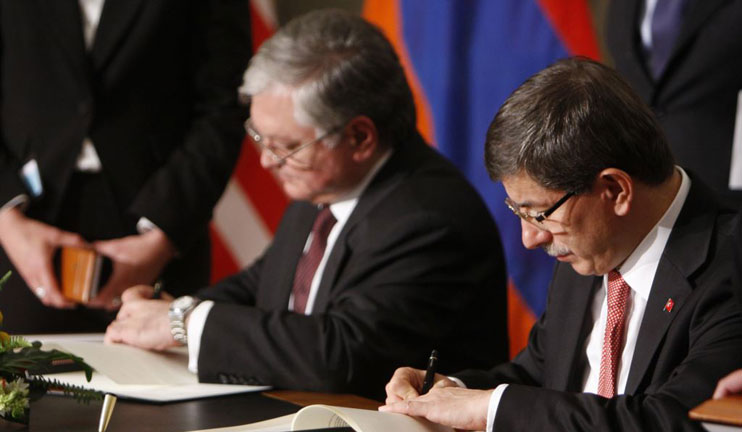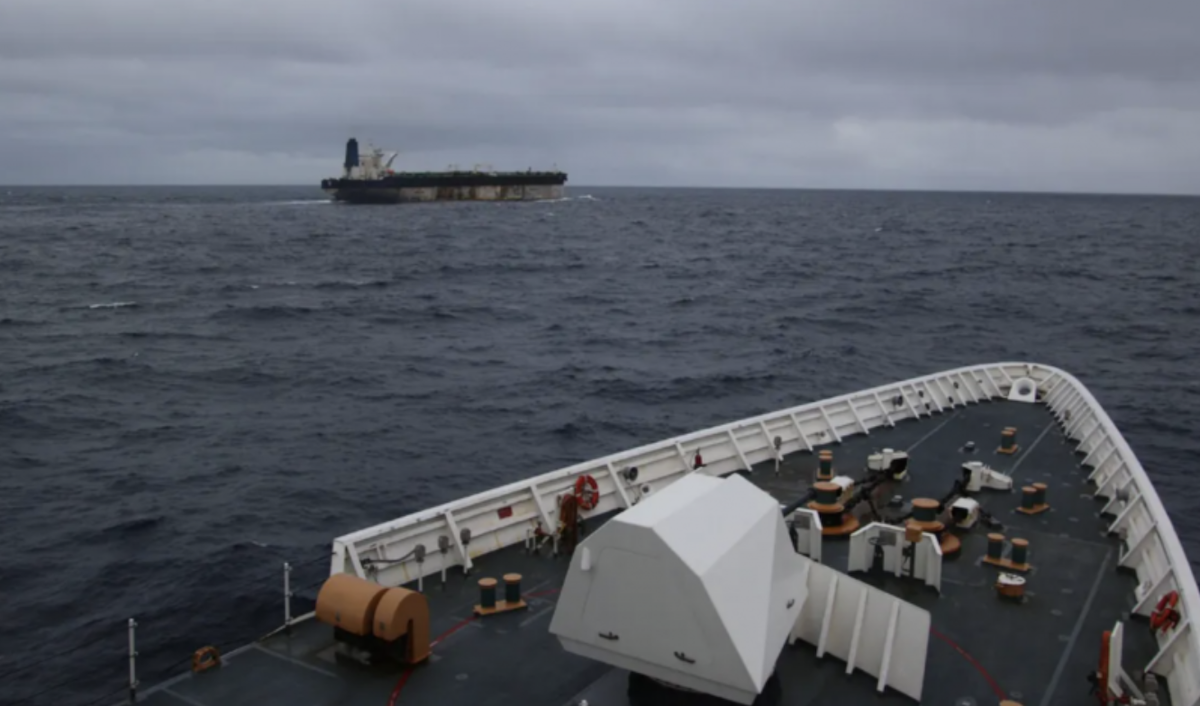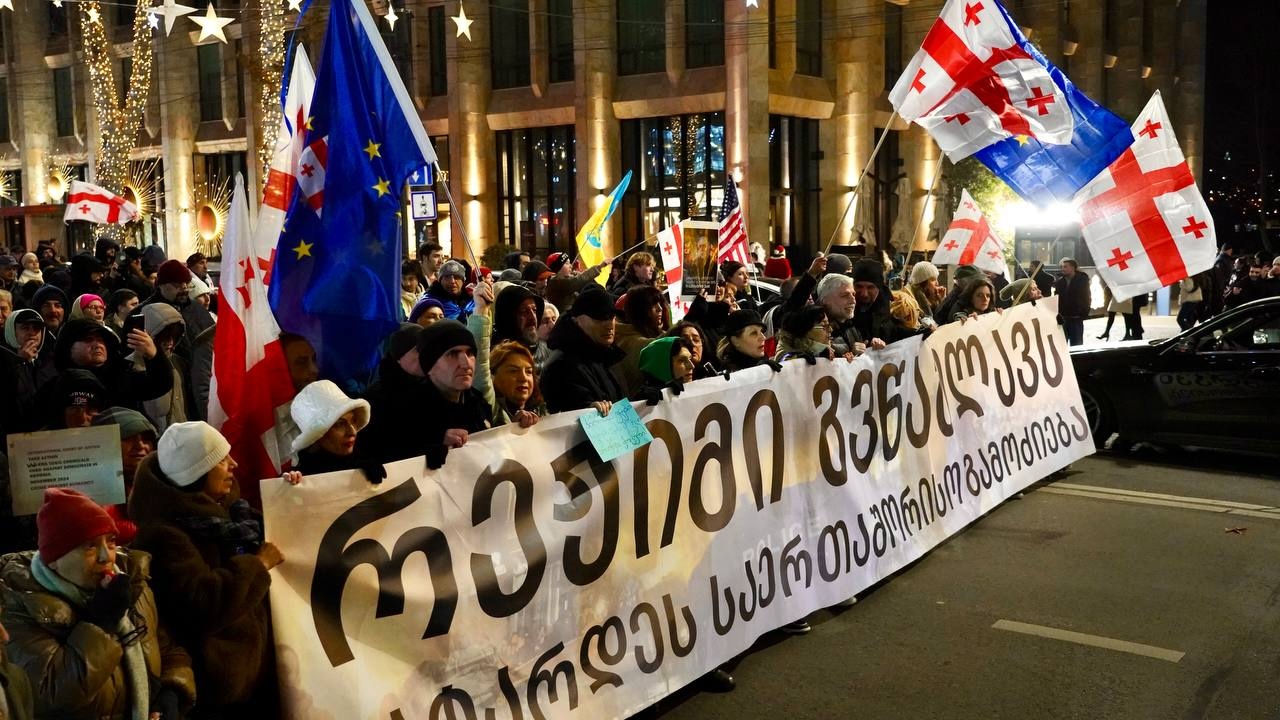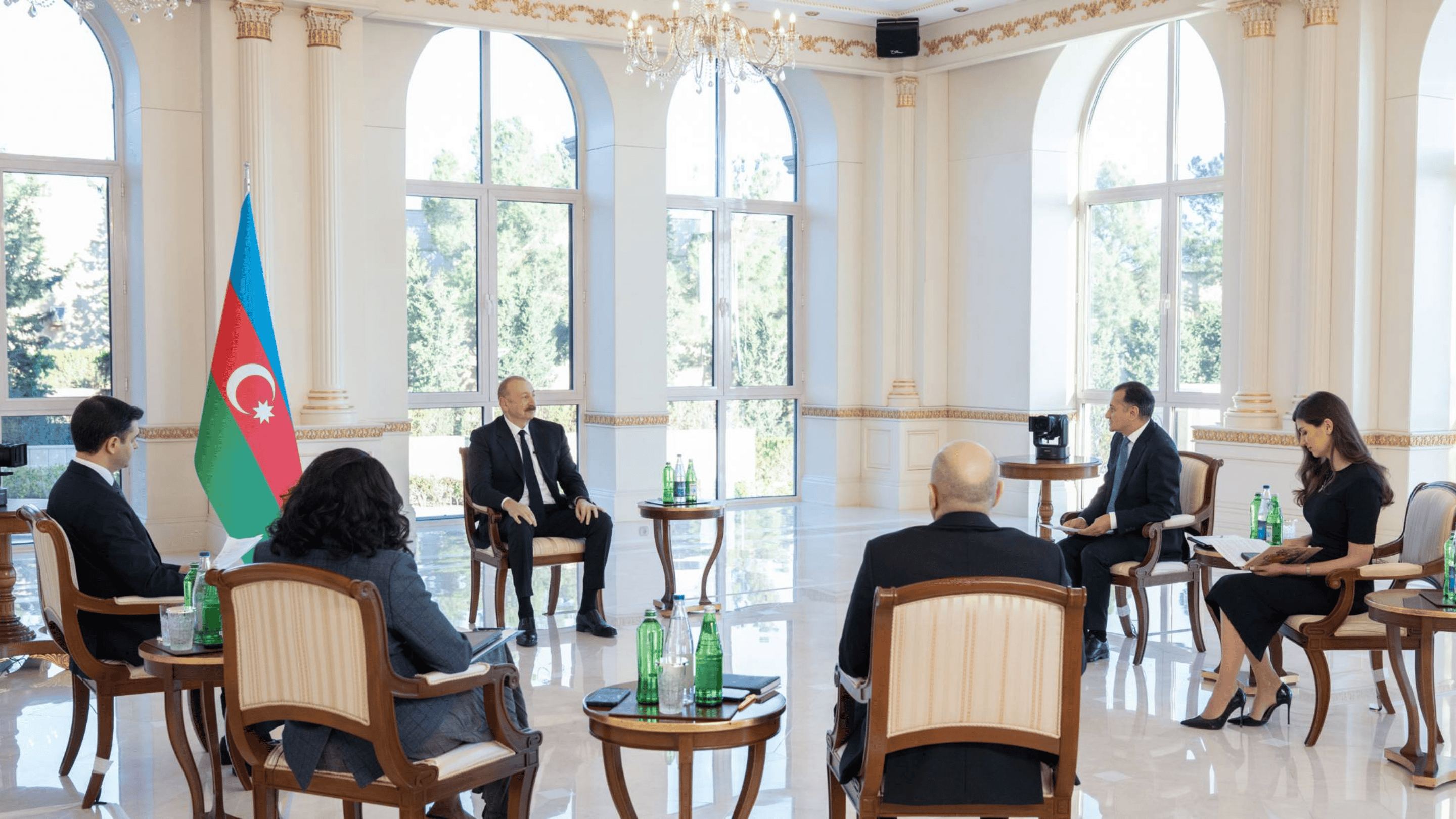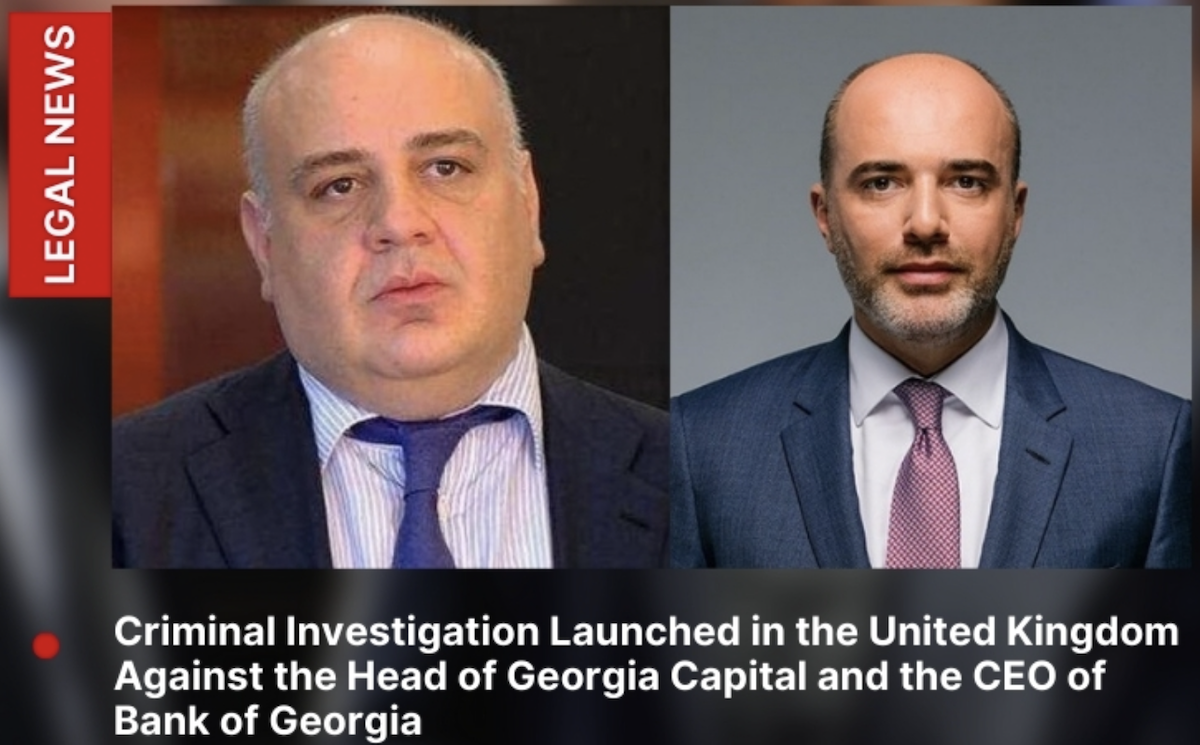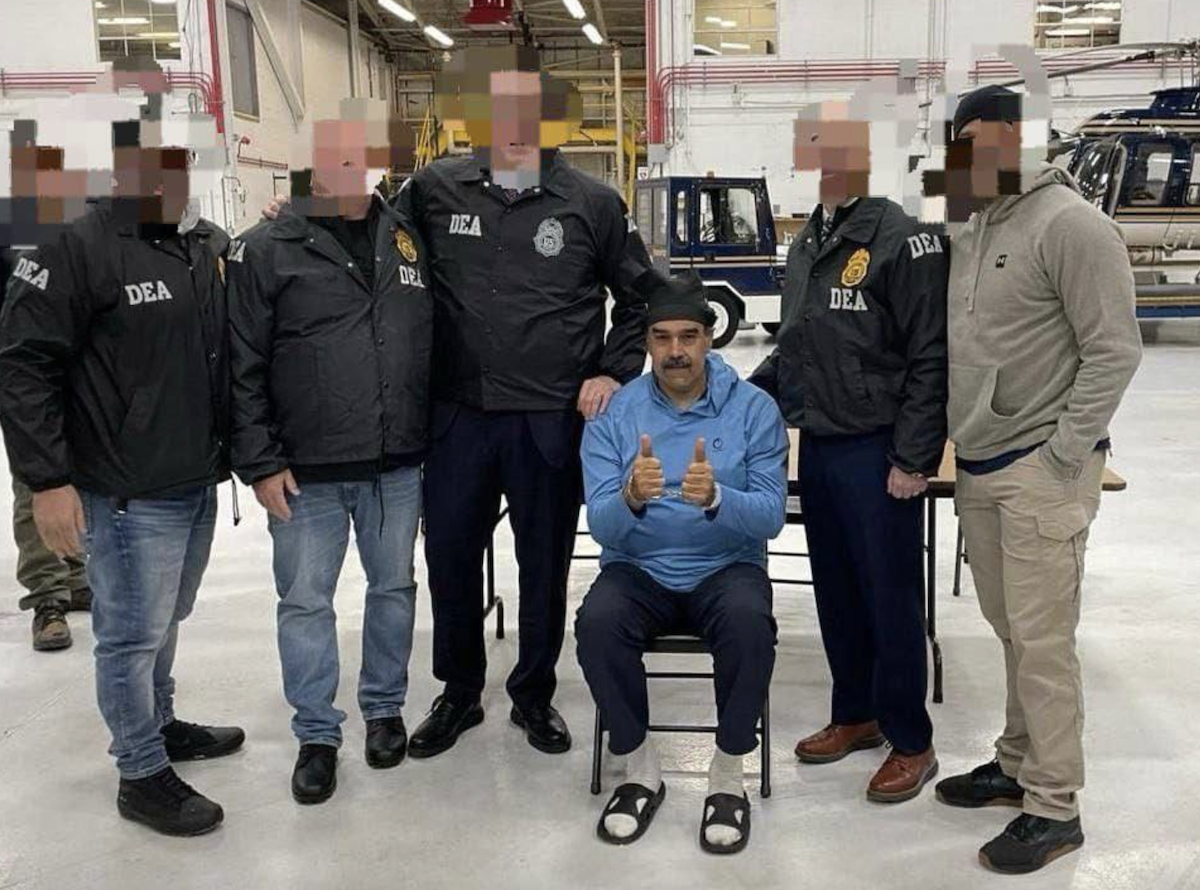Armenian-Turkish negotiations: old agenda in new realities. What to expect?
Normalizarion of Turkish-Armenian relations
Armenia and Turkey are beginning the process of normalizing relations that were interrupted at Ankara’s initiative back in 1993 amid the Karabakh conflict. Both countries have already appointed their own special envoys. Serdar Kilic, an experienced diplomat, former ambassador to the United States, has been appointed as negotiator from Turkey. He is known as an active lobbyist for blocking the recognition of the Armenian genocide in Ottoman Turkey.
Armenia considered Kilic’s candidacy acceptable and appointed the young vice-speaker of the parliament Ruben Rubinyan with 9 months of experience in the Armenian Foreign Ministry as its special representative. The main thing is that he should be a representative of the ruling political team, Prime Minister Nikol Pashinyan explained his approach.
Attempts to establish diplomatic relations were made earlier, but they did not yield results due to the preconditions put forward by Ankara. In particular:
- refusal to recognize the Armenian genocide in Ottoman Turkey,
- recognition of the territorial integrity and inviolability of the borders of Turkey,
- recognition of Nagorno-Karabakh as part of Azerbaijan.
Until this moment, the Armenian authorities spoke about the beginning of the normalization process without preconditions. However, after the defeat in the Karabakh war, according to Armenian experts, the country lost all resources it could use to defend its interests.
Nevertheless, the process has been launched, and Turkish Foreign Minister Mevlut Cavusoglu has already announced that a meeting of special representatives of the two countries will be held “in the near future”.
An expert opinion on whether Armenian-Turkish relations can be normalized and what political and economic risks for a weakened Armenia this process entails.
- Yerevan revokes Armenian-Turkish Protocols, border to remain sealed
- ‘3 + 3’ or ‘3 + 2’։ New format for solving problems in South Caucasus
Orientalist Suren Manukyan: "New negotiations about the old"
“The agenda of the Armenian-Turkish negotiations is unknown. Today there is no agenda, it is not clear what the parties can negotiate and agree on.
To be fair, it must be said that the Armenian-Turkish relations have never been at a zero level.
Intensive contacts continued at different levels. There were meetings between diplomats, representatives of NGOs, scientists, etc., and these meetings were happened during the terms of all three presidents of Armenia. Levon Ter-Petrosyan personally met with the Prime Minister of Turkey. Meetings took place during the presidency of Robert Kocharyan at the NATO site, and Serzh Sargsyan was engaged in “football diplomacy” [at his invitation, Turkish President Abdullah Gul came to Yerevan for a football match between the national teams of the two countries, after which an attempt to normalize relations began, but failed – JAMnews].
It is hard to believe that three presidents could not resolve the problem but today it will suddenly be resolved. The maximum that can be achieved is insignificant progress, and even this progress will require unilateral concessions from the Armenian side”.
Turkey’s appetites
“Perhaps Turkey will want to resolve the Nagorno-Karabakh issue once and for all. In Armenia, at the level of high-ranking officials, the loss of Arstakh has been acknowledged more than once. However, Turkey can go further, demanding that the issue of recognizing the Armenian Genocide be removed from the agenda, although this topic is not particularly relevant in our country today.
This refers to the events that took place in Ottoman Turkey at the beginning of the 20th century. Until 1915, about two and a half million Armenians lived there. As a result of the killings and mass deportations, more than half of them died. Armenia, several Western countries and international organizations officially recognize these events as genocide. Turkey categorically rejects such a formulation.
We are also worried that Turkey will take advantage of the lack of experience of our negotiator and try to push through its long-standing idea of entrusting the issue of the Armenian genocide to a commission of historians.
Activation of Zhirayr Liparityan [Doctor of Historical Sciences, 1994-97. Chief Adviser to Armenian President Levon Ter-Petrosyan, Ambassador-at-Large], who once took part in such negotiations, hints that he may represent the Armenian side in this commission. In this sense, there are fears, and they are great.
I think it is not worth waiting for a direct text following the results of the talks; most likely, the parties will sign some kind of statement of intention to cooperate.
But there will be pitfalls in it, which can become subject to interpretation.
Perhaps it will be a proposal to discuss “the common tragedy of the Armenian and Turkish people during the First World War” That is, an attempt to present those killed during the Armenian genocide as victims of the First World War. Turkey is constantly trying to introduce this thesis into the mass consciousness, and every year, as it gets closer to April 24 [the day of remembrance of the victims of the Armenian Genocide], the leadership of this country pronounces statements about “common victims and common pain”.
Turkey can also demand unconditional recognition of its territorial integrity.
But Turkey’s appetites are not limited to that. We have always said that Turkey has three preconditions for establishing relations that are unacceptable for Armenia. Today it has added another demand to its list – the so-called “Zangezur corridor” [the road that will connect Azerbaijan with its exclave Nakhichevan through the south of Armenia, but will not be under its sovereign control]”.
Disservice of an ally
“From the point of view of logic, the Armenian side is hardly so eager for these negotiations. Although, in recent years, much of what the current Armenian authorities are doing goes beyond any logic. Perhaps our government has a hypertrophied idea of its capabilities, they think that this is their historical chance, and they will be able to solve problems that have not been resolved for 30 years.
One way or another, Armenia is being pushed into these negotiations.
The pressure on Armenia comes from both Turkey’s situational ally – Russia – and from its long-standing ally, Azerbaijan.
But if Russia puts pressure on Armenia by diplomatic methods, Azerbaijan resorts to military actions. They all understand what a weak position we are in now, and want to seize the moment, grab as much as possible. They are in a hurry to understand that such a state of Armenia cannot be eternal, and one day it will begin to get out of this hole”.
Concessions without dividends
“Armenia will get nothing from the ‘normalization’ of Armenian-Turkish relations, even if it sacrifices all of the above. The states that won the war impose their conditions on the losing side. For Armenia, there can be no positive processes here. All that Armenia can hope for is to get out of this process with minimal losses, or somehow delay the process.
Turkey promises nothing to Armenia, it promises neither opening of borders, nor development of trade, etc. They simply slip us a paper similar to the trilateral statement of November 9, 2020 [on the cessation of hostilities in Karabakh], which must be signed.
Armenia has very small resources to resist this pressure – only the international community, on which hopes have always been pinned, but, as it turned out, in vain.
However, the situation is somewhat different today. Erdogan crosses too many red lines and loses support from the West.
In addition, the West itself does not want to lose the Karabakh issue as one of the trump cards in international politics. In addition, China and India do not like the processes taking place in the region. From this point of view, we have some opportunities for playing on a large chessboard in order to somehow get out of the current unfavorable situation.
The final surrender of Armenia is not beneficial to many players, and this is the only factor we can use.
But here, too, the country needs the potential to resist. Do we have state institutions, good diplomacy, a strong enough army capable of at least resisting?”
Pashinyan will be the negotiator
“Unfortunately, we have partization going on everywhere – not technocrats, but party people are appointed to all key positions. The same thing happened with the appointment of negotiator for the normalization of Armenian-Turkish relations.
Rubinyan’s candidacy itself is strange. His appointment either means that we do not take these negotiations very seriously, or everything has already been decided, and we have appointed a person who should simply create an imitation of negotiations. I strongly doubt that Ruben Rubinyan is generally able to conduct these negotiations. It should not have even been a political heavyweight, but a diplomat who can understand where the Turkish side is leading and somehow try to defend something.
Presumably, the decision to appoint Ruben Rubinyan as a negotiator was born in the head of one person, and this is Prime Minister Nikol Pashinyan, who considers every step he takes to be the most faithful and ingenious. I think his choice was not even discussed.
In fact, most likely, Pashinyan himself will be the negotiator, and Rubinyan will be a screen and a talking head that will transmit what they say from Yerevan”.
Kars Treaty 2.0
“After the signing of the documents, it will be impossible to resolve the situation. We still live in the realities of the Treaty of Kars, despite the fact that by no international criteria, it cannot be considered a legitimate international document, since it was signed by two regimes that did not have full power in their countries. After the Moscow and Kars treaties, we do not have any documents defining the borders of the two countries.
The Moscow Treaty of Friendship and Brotherhood was signed in March 1921 in Moscow by representatives of the government of the Grand National Assembly of Turkey and the government of the RSFSR. The Soviet-Turkish agreement established the northeastern border of Turkey. It was signed without the participation of representatives of the Armenian, Georgian and Azerbaijani SSR. The Treaty of Kars “on friendship” between these three republics and Turkey was concluded in October 1921, as a follow-up to the Moscow Treaty.
100 years ago there was no independent sovereign Armenia that would make decisions about its borders. In the first case, it was Bolshevik Russia, which had nothing to do with these territories, and in the second case, it was a puppet government in Yerevan.
We understand very well that these two documents do not have serious international significance and cannot resolve the issue of borders between the independent Republic of Armenia and Turkey”.
Economist Ashot Khurshudyan: "Economy is in the foreground"
“The topic of the Armenian-Turkish relations is purely political. The economy in this case, is pushed aside. Turkey took an active part in the Karabakh war, so political issues should be on the agenda. Otherwise, it will mean replacing the Artsakh agenda with economic shifts that are insignificant for Armenia. History simply won’t forgive us. Therefore, first, it will be necessary to resolve all political questions, and then turn to the economy.
In any case, I would not call this process ‘the normalization of Armenian-Turkish relations’. It’s just an establishment of working relationship”.
Turkey cannot connect Armenia with Europe
“Armenia should not consider the establishment of economic relations with Turkey as `a gateway to Europe, since Turkey itself has completely blocked its integration with the West.
Modern day Turkey is very different from Turkey before 2016. That Turkey, which aspired to join the European Union – and the European Union working with it, is gone.
Turkey’s Zero Problems with Neighbors policy has changed dramatically, and with such institutional adjustments that Turkey will no longer return to its previous policy. This will have an extremely negative impact on the economy of this country. Even today, many countries refuse to invest in the Turkish economy.
In addition, Turkey is actively involved in the financing of terrorism and money laundering, and this year, it was included in the gray list of the International Working Group on Combating Money Laundering (FATF)”.
Erdogan wants to outsmart Biden
“The special envoys of both countries are not economists, so it should be assumed that the very agenda of the talks will be political, not economic.
Prior to April 24, Turkey is always triying to create an imagine of normalising the relations with Armenia in order to soften the position and pressure of the United States on it.
This is even more true now, when Biden became the only US president in decades to have uttered the word “genocide”. It is possible that after April 24 Turkey will forget all these “efforts”.
The issue of the Armenian genocide and the Karabakh problem have not disappeared from the agenda of Turkey. Turkey continues to spend large resources on the policy of denying the Armenian Genocide, so it will not miss this opportunity either.










